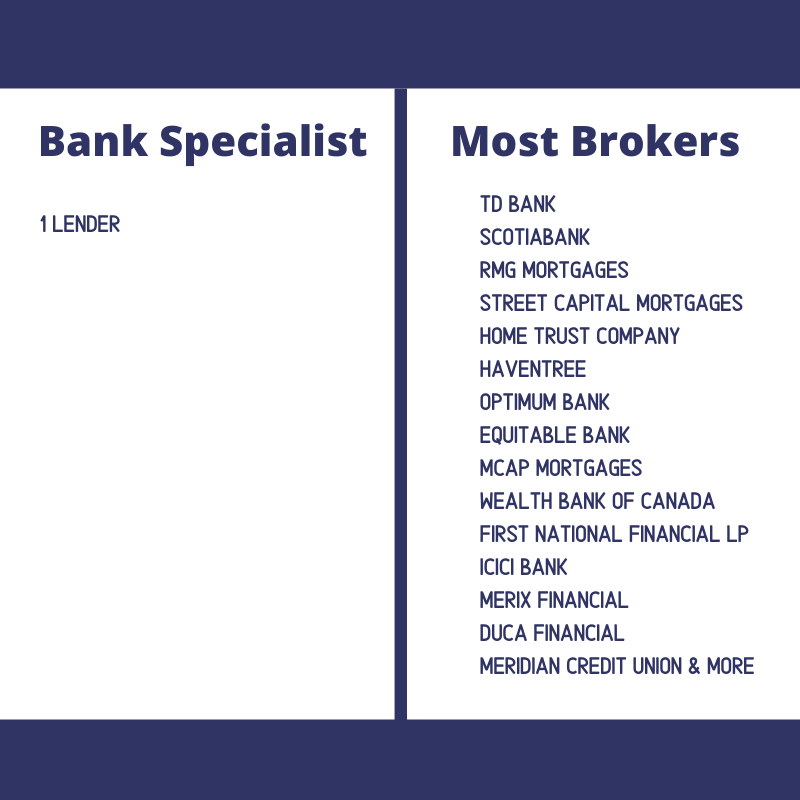Welcome to Our Smart Mortgage Blog
Navigating the world of mortgage financing can be complex and overwhelming. With various products, fluctuating interest rates, and an ever-changing economic landscape, it’s essential to have a clear and informed strategy. That’s where this blog comes in.
Here, you’ll find in-depth analysis, expert advice, and practical tips on everything from understanding the prime rate to leveraging record immigration trends for real estate investment. My goal is to demystify the mortgage process and provide you with the knowledge and tools to make smart, informed decisions.
Whether you’re a first-time homebuyer, a seasoned investor, or simply looking to refinance, "Our Smart Mortgage Blog" will equip you with the insights needed to navigate the mortgage landscape effectively. Together, we’ll explore how to harness financial strategies, understand market dynamics, and ultimately, achieve your homeownership goals.
Thank you for joining me on this journey. Let’s dive into the world of mortgages with a strategic mindset and a focus on securing the best possible outcomes.
Here, you’ll find in-depth analysis, expert advice, and practical tips on everything from understanding the prime rate to leveraging record immigration trends for real estate investment. My goal is to demystify the mortgage process and provide you with the knowledge and tools to make smart, informed decisions.
Whether you’re a first-time homebuyer, a seasoned investor, or simply looking to refinance, "Our Smart Mortgage Blog" will equip you with the insights needed to navigate the mortgage landscape effectively. Together, we’ll explore how to harness financial strategies, understand market dynamics, and ultimately, achieve your homeownership goals.
Thank you for joining me on this journey. Let’s dive into the world of mortgages with a strategic mindset and a focus on securing the best possible outcomes.



 RSS Feed
RSS Feed 
